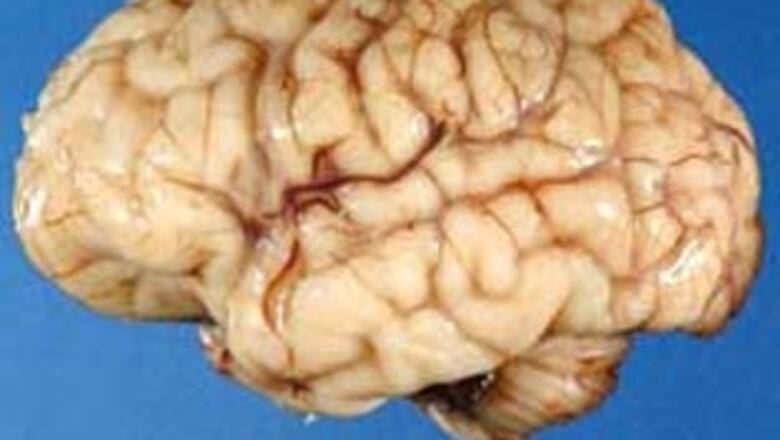
views
Washington: A new study has identified parts of the human brain involved in the process of choosing the right words during speech.
The study could help scientists better understand the speech problems that stroke patients experience.
During speech, a person must select one word from a competing set. For example, if the speaker wants to mention a specific animal, he has to single out "dog" from "cat", "horse" and other possibilities.
If he wants to describe someone's temperament, he has to choose whether "happy", "sad", "ecstatic" or some other adjective is more appropriate.
Tatiana Schnur, assistant professor of psychology at Rice University, wanted to determine whether one particular part of the brain, the left inferior frontal gyrus (LIFG), is necessary for resolving the competition for choosing the correct word.
She and colleagues compared brain images from 16 healthy volunteers and 12 volunteers who suffer from aphasia, an acquired language disorder as a result of stroke.
The researchers found that while two parts of the brain, the LIFG and the left temporal cortex, respond to increased conflict among words competing for selection during speech, only the LIFG is necessary to resolve the competition for successful word production.
The LIFG includes Broca's area, named after the 19th-century French scientist Paul Pierre Broca. It is responsible for aspects of speech production, language processing and language comprehension, said a Rice release.
The study, published in the current issue of the Proceedings of the National Academy of Sciences, covered two experiments where people name a series of images and conflict between words increases as more images are named.
In the first experiment, healthy speakers' brain activations were measured using functional magnetic resonance imaging. The second experiment mapped performance deficits to lesion locations in participants with aphasia.
By looking at direct parallels between the healthy and aphasic volunteers, Schnur and colleagues coupled location in the brain with specific speech processes.




















Comments
0 comment